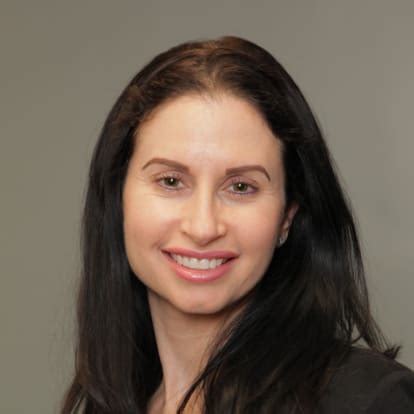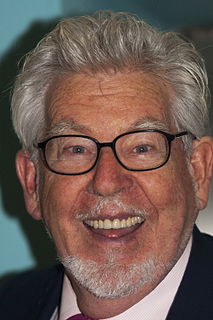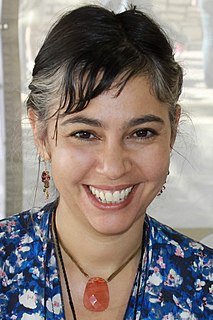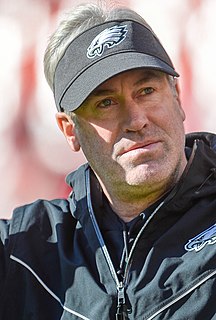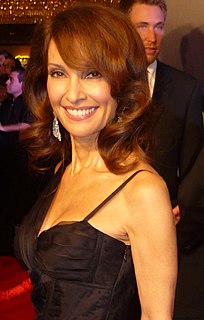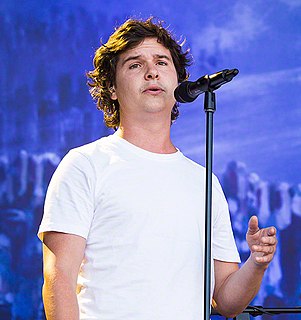A Quote by Alissa Quart
When I was growing up, my parents thought there could be nothing better than being a writer. And at that time, society afforded that impracticality.
Related Quotes
I didn't really think I would be a musician. I always thought I'd be a writer. I wanted to be a writer in college, but I thought I could be a better musician. I loved the process of writing music and lyrics more than I loved the process of sitting at my computer and writing. Because of that, I thought I would be a better musician than a writer.
My parents were both born in 1930. They grew up during the Depression. They wanted their children to have secure lives, to have a good salary and a pension plan. If I could've guaranteed that I'd be a best-selling writer, that would've been one thing, but nobody could say that. So I knew better than to say that was ambition.
My parents' deportation gave me so much strength to keep on moving forward, because any type of failure - whether in school or with jobs or rejection from a casting office - nothing could be as bad as what I had already gone through. Nothing could be worse than coming home expecting to see your loving parents and them not being there.
Being pregnant taught me how to be a better writer. It was a lesson in negative capability and surrendering to necessity. Suddenly, my body instinctually yielded to the needs of this growing being, and I had no choice but to embrace what was happening and all that lay ahead, even if I was afraid and uncertain. So, while being a parent has made writing more challenging, it has also made being a writer more certain. There's no room to procrastinate; there is to time for fear.
To be honest, when I started watching VR content, I was mostly disappointed and thought people could do better - not that different from when I set out to make 'Swingers' and thought, 'There's a better way to make an independent film.' Which is why 'Swingers' ended up being so much less expensive than anything like it.
I guess, for me, I've always thought that there was humor everywhere. And as a kid, I just, you know, I grew up an only child, and I - sort of nothing made me happier than to make my parents laugh. I remember I had costumes and things laying around the house that I was, you know, anything that I could do to make my parents laugh.
They may already know too much about their mother and father--nothing being more factual than divorce, where so much has to be explained and worked through intelligently (though they have tried to stay equable). I've noticed this is often the time when children begin calling their parents by their first names, becoming little ironists after their parents' faults. What could be lonelier for a parent than to be criticized by his child on a first-name basis?
Modern children were considerably less innocent than parents and the larger society supposed, and postmodern children are less competent than their parents and the society as a whole would like to believe. . . . The perception of childhood competence has shifted much of the responsibility for child protection and security from parents and society to children themselves.
I just thought it would be awesome to become a lawyer, especially being from a neighborhood seeing the police rough up so many people unnecessarily, people who haven't done nothing. Growing up with kids from dysfunctional families and stuff, I just felt that some kind of difference could be done. And now I'm getting to do it with music instead.

